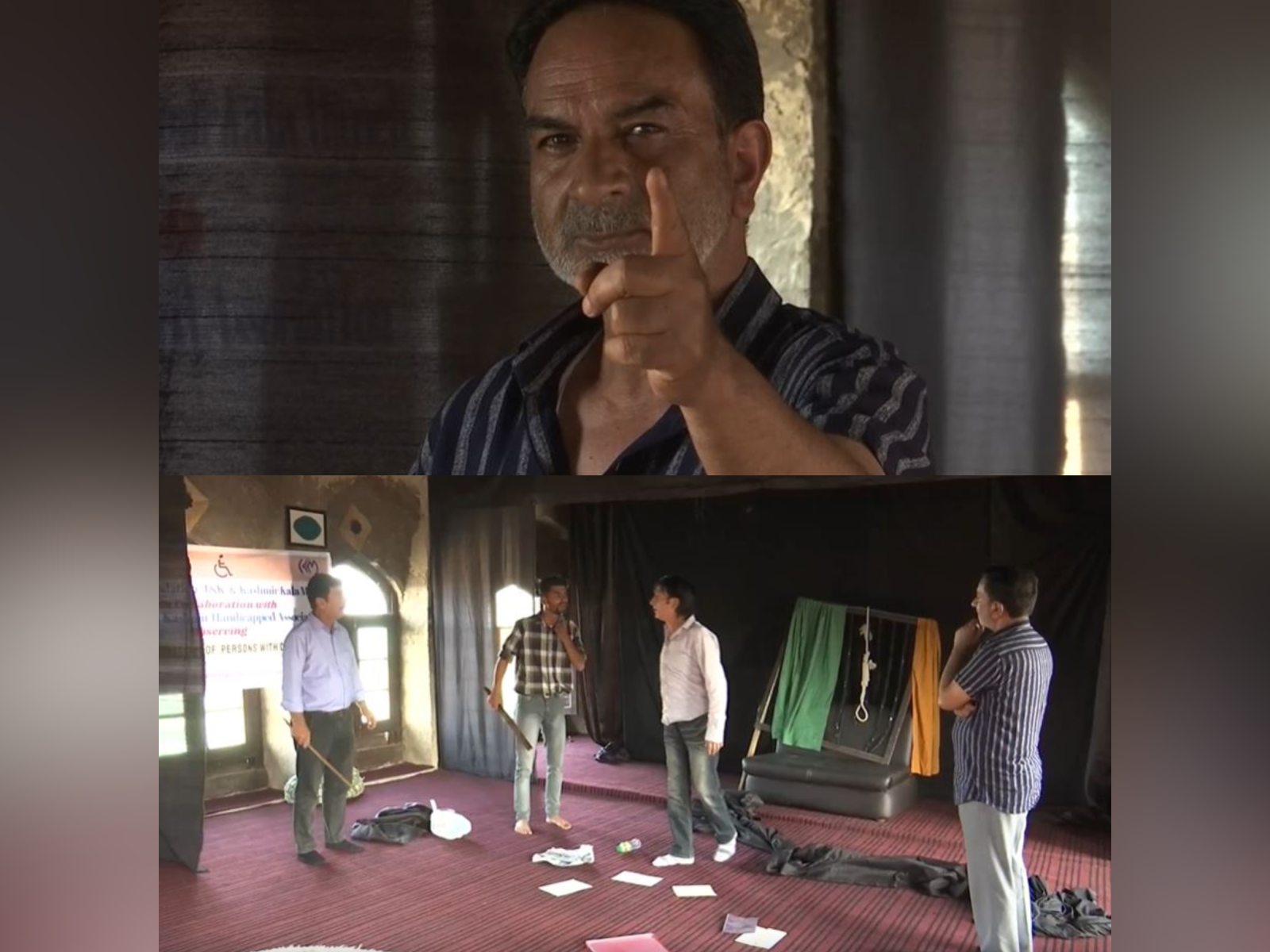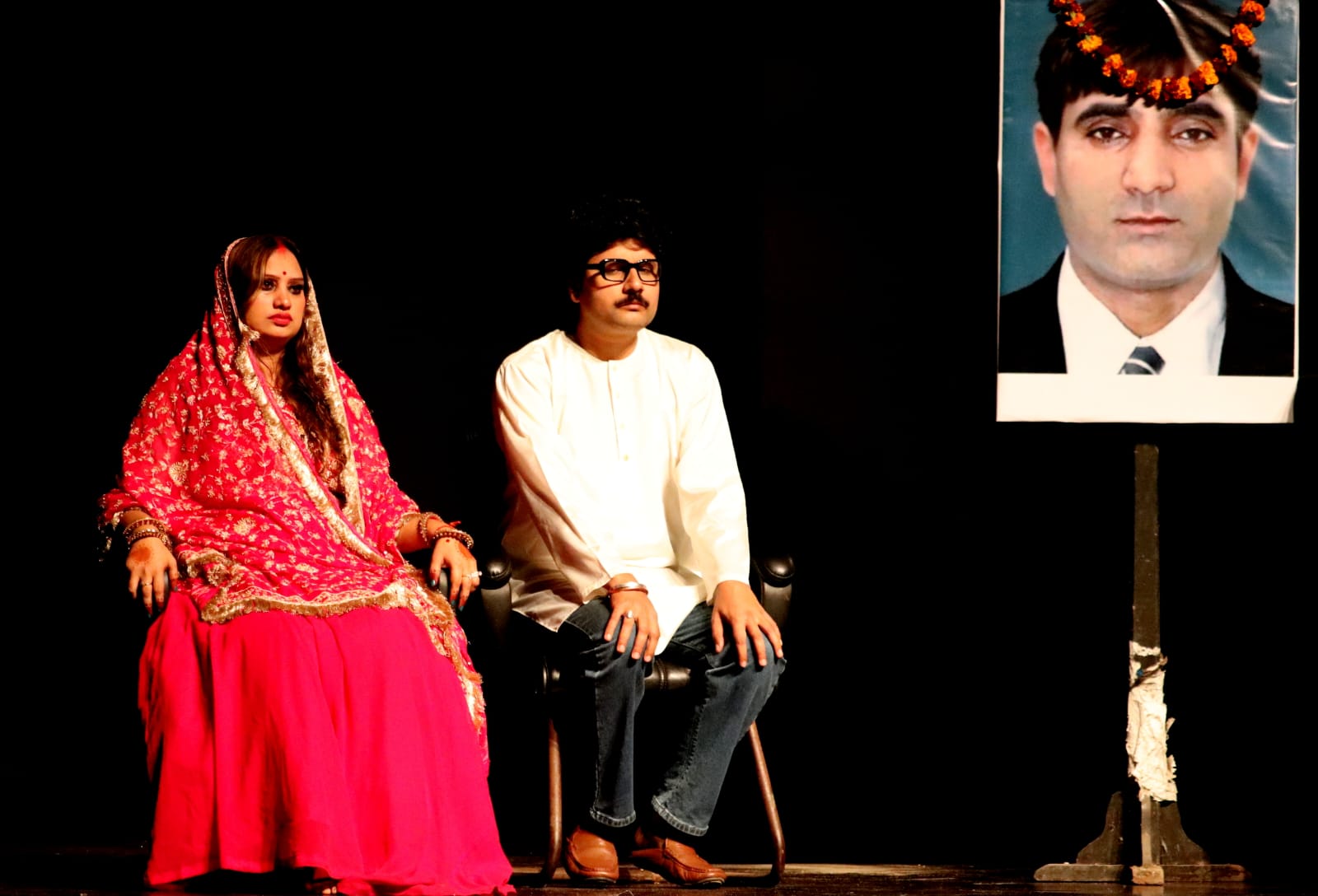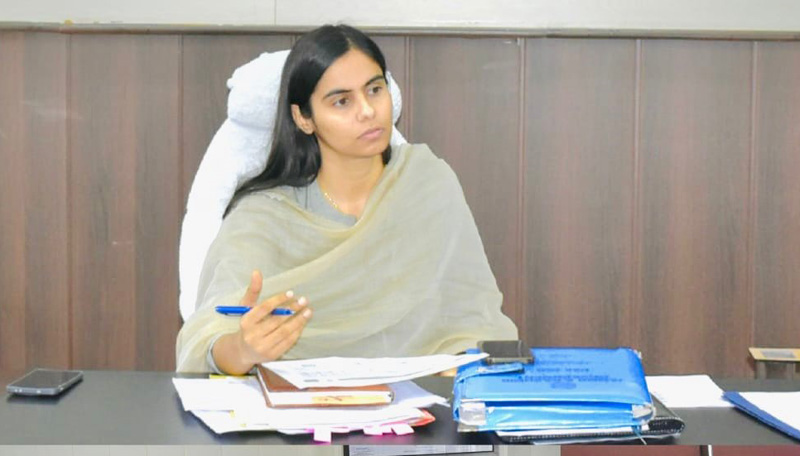Srinagar: Theatre groups across Kashmir are reviving the valley’s rich cultural legacy as rehearsals for multiple stage productions gain momentum.
Kashmir, known for its centuries-old artistic heritage, has long embraced theatre as a vital part of its cultural and social expression. Beyond entertainment, stage plays in the region have historically shed light on social realities and community issues.
Several prominent theatre groups in the valley are now under the guidance of senior filmmakers and directors, who are actively training young artists to keep this legacy alive. Among them, Kashmir Kala Manch — one of the oldest and most renowned theatre collectives — continues to play a pivotal role in preserving the art form, even through the valley’s most challenging times.
The group has been instrumental in mentoring aspiring performers, providing them with a platform to refine their skills. Recent rehearsals have focused on teaching young artists the essentials of stagecraft — from script reading and dialogue delivery to timing, expression, and teamwork.
For many participants, these sessions are both educational and inspiring. They see theatre not just as a performance medium, but as a collaborative art that encourages creativity and critical thinking.
“We often see actors on stage, but there’s an entire team working tirelessly behind the scenes — from makeup artists to stage designers,” said Beenish Manzoor, a student at the theatre group. “People think a play takes only a few days to prepare, but we work on them for months. Kashmir’s culture is not just about food or crafts — theatre is a much deeper part of our identity, and young people should explore it.”
Fellow artist Jehangir Farash echoed her thoughts, calling theatre the “biggest school.” “Backstage artists, writers, and supporting actors are equally important. They ensure the show goes on, even in unexpected situations,” he said.
Veteran theatre director Hakeem Javaid shared insights into the creative process. “Once we receive a script, we discuss the theme, social impact, and setting before finalizing the cast. At Kashmir Kala Manch, which was established in 1983, we’ve always worked with genuine local talent. Many of our young artists are still in school but have a deep passion for theatre,” he said.
Despite the lack of financial support, Javaid noted that the group continues to operate out of dedication to society and the preservation of Kashmir’s cultural heritage.
Through their tireless efforts, Kashmir’s theatre artists hope to rekindle public interest — especially among the younger generation — and remind audiences that the stage remains one of the most powerful storytellers of their shared history.













